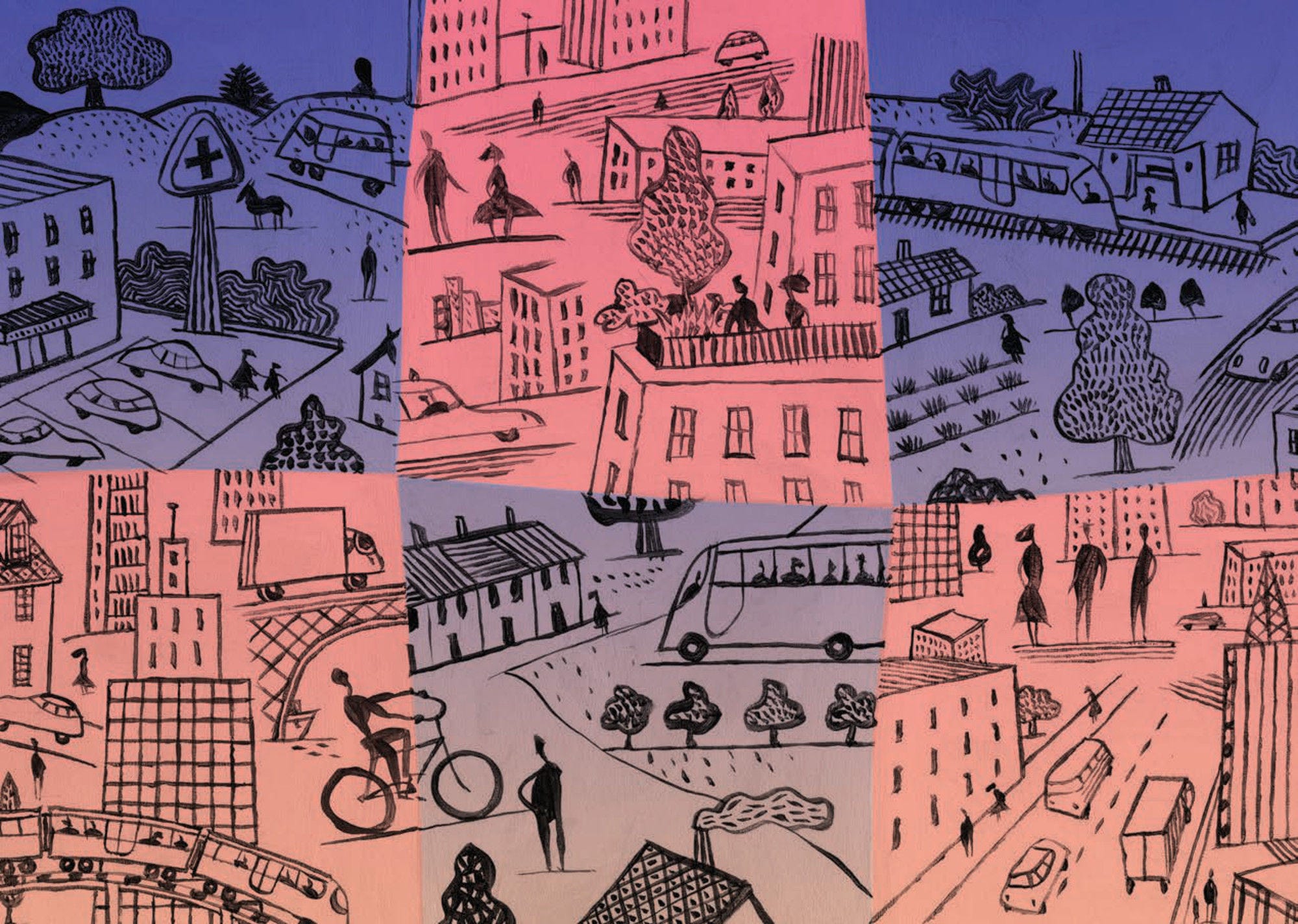Housing in cities has become increasingly unaffordable, putting pressure on household finances not only for lower-income and vulnerable groups, but also for the middle class. Unaffordable urban housing can exacerbate spatial and economic inequality, diminish quality of life, and undermine social cohesion in cities. Poor-quality or inadequate and unsustainable housing is another serious challenge in many cities, impacting not only residents’ well-being but also household finances and climate objectives.
In many cities, housing supply has failed to keep pace with rising demand. Public investment in new homes has declined across the OECD in recent decades, and increasing scarcity of land, restrictive building regulations, and rising construction costs are also barriers to more affordable housing. Social issues like NIMBYism and stigmas attached to housing for seniors, migrants, refugees, and people experiencing homelessness can also lead to a mismatch between supply and demand in cities. At the same time, some cities are also struggling with excessive amounts of vacant premises.





